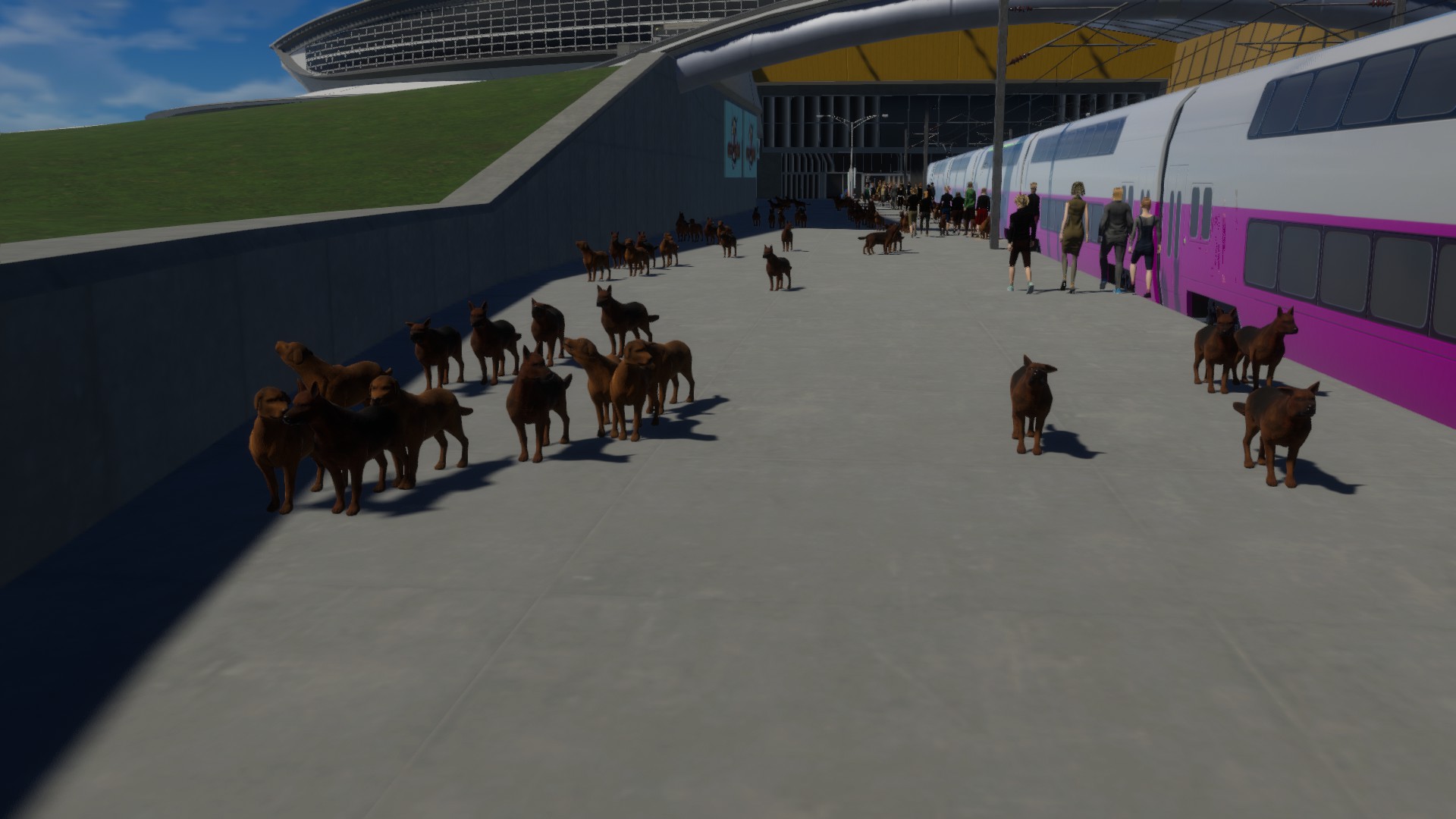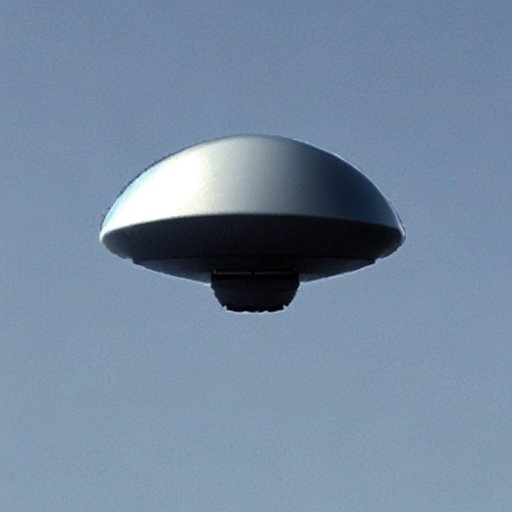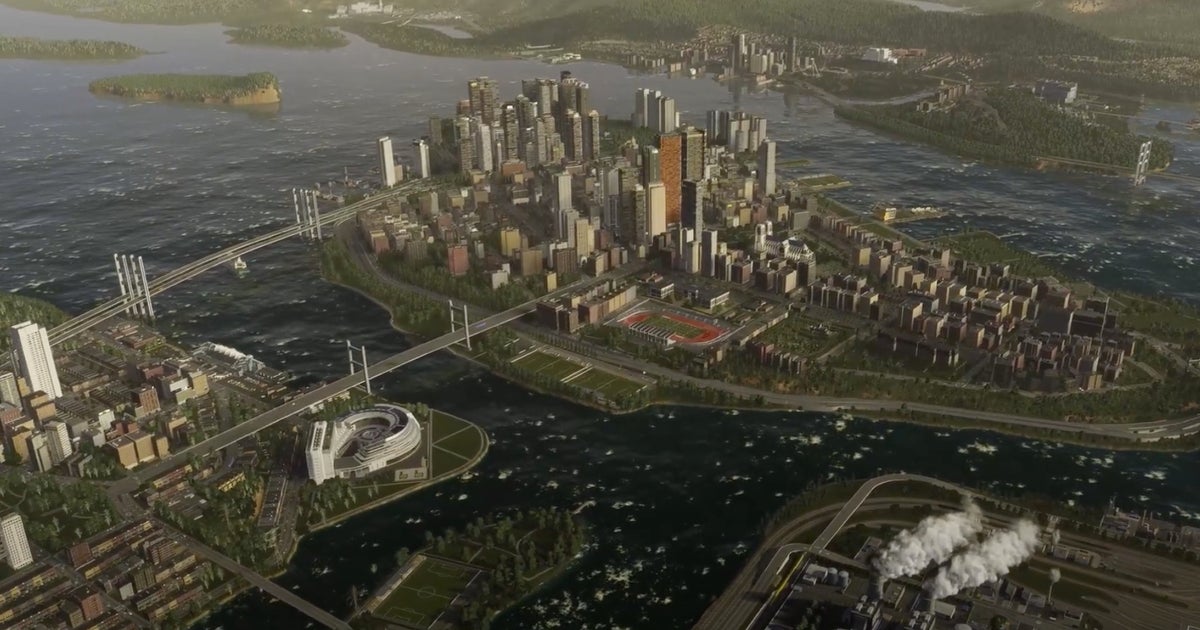But you released a paid game without performance to your standards? Weird.
The developers are mostly blameless, Paradox forced the premature launch.
Paradox as a publisher seems to pull this shit a lot. Was really looking forward to Lamplighter’s League, but the buggy mess that it released in shows very clearly that Paradox shoved it out the door before QA had some serious time with it.
They don’t do this shit with their in-house games, seems to be an issue with them as a publisher.
I’m glad it’s not just me. Gave LLL an honest try last weekend and couldn’t be bothered to play more than an hour and a half.
Felt barebones and the story was not captivating
who said it wasn’t to their standards
They did. They said the game wasn’t meeting their performance targets.
Just lower your standards. Problem fixed.

My train platforms being filled with dogs was kind of a hilarious bug, though it’s being patched next update.
hey maybe those dogs have places to go lol
As long as they pay the fare
Moscow DLC
Maybe this was a shout out to Moscow’s Metro Dogs
That’s reserved for the Zootopia dlc
I think they lowered the rate where dogs become strays
How generous…
Not sure if I trust paradox to let them. Stellaris still runs like shit.
Stellaris is also almost 10 years old with an engine that is, by admission of the devs, coded into a dead end. They customized an older version of it too much and now they can’t get the performance improvements from the newer engine versions into the game.
They don’t need a new engine, they need to stop calculating every pop every day and start using events to trigger a calculation. E.g. a species modification or changing buildings on a planet.
So you’re saying they might not need a new engine and all they have to do is rewrite half of the old one?
I don’t think they’d have to rewrite half. Just the main population update loop. The graphics performance is fine.
Stellaris is like one of the most simulation heavy 4X games there is. There’s a limit to how good performance you can get when you’re making a complex simulation like that.
I agree, but they’ve promised performance fixes since like 2018 but never actually put any effort into it.
That’s just blatantly false. We’ve even had dev diaries showing they’ve fixed some performance issues, even showing the performance graphs to prove it.
When? I gave up in 2021.
Thats not true at all, there has been incredible improve, particularly with jobs.
Around when? I gave up on waiting in 2021. They promised huge performance increases every year from 17-21 but it got worse with each dlc.
If they actually fixed it then I would love to come back. I miss Stellaris
3.0 and 3.3 were big on optimization iirc.
They also moved to the custodian system which makes stellaris easily the most polished and stable of all of Paradox games
I haven’t played Stellaria in a while, but I don’t remember the performance being bad. If it is it’s not because of any graphical thing that can be improved, but for the same reason Dwarf Fortress runs like shit, i.e. there’s a limit to your CPU power when simulating hundreds of individuals.
The problem with Stellaris is that they simulate every individual even if nothing changed about them. If nothing changes on a planet or species then they shouldn’t recalculate employed pops.
How would you know if nothing changed unless you’re simulating them?
Easy, event driven updates. Populations would all have a flag “should_update” which defaults to false.
When a population update event occurs, like constructing a building on a planet, you mark should_update for all the pops on that planet to be reevaluated.
Unemployed pops would have should_update until they are employed.
Changing a species would should_update for every pop that got gene modded.
Then every day you only run updates for pops with should_update set to true instead of every pop in the galaxy.
Late game performance would be on par with early game because a lot of planets have been forgotten about
In order to reshuffle pops to make sure they’re in the best jobs, there could be a timer per planet, based on things like the size of the planet, time since last migration, etc to trigger a should_update for the whole planet.
It’d be even better to just trigger the updates during the event and completely get rid of the polling loop, but that would require a lot more work in the paradox engine
That’s literally what the game already does. But it can’t have all the effects you believe it should have, because there are a lot of events that can change a modifier that would require a recalculation.
Also marking thing as “should_update” (like you called it here) the way you describe it would cause terrible performance issues. You can’t mark large amount of pops for an employment update, because employment calculations are some of the more expensive ones to do, and doing it for large amounts of individual pops at a time would cause severe lag spikes.
Oh they finally added that? Nice. The community has been asking for event driven since 2019 so it’s nice to know they added it. I’m gonna reinstall
That was always in there, but the degree of optimization varied of course.
Like I said I haven’t played Stellaris in a while and never got into modding it so I’m not sure how the engine works, so correct me if I’m wrong. It’s my understanding that pops have a “life”, i.e. they get educated, they develop traits, they join factions, etc. those are not things that can be simulated only when something changes on a planet, otherwise crime/unrest would never change on a planet, traits wouldn’t be added/removed and factions wouldn’t grow/shrink or have demands unless you do something on that planet. Also there’s the migration from one planet to another, and the growth of pops and several other things that have to be simulated all the time and can’t be triggered by an event since they’re slow growing (and the slow growth is the simulation that happens every frame). Also, even on late game there should be probably a few thousand pops in the entire galaxy, right? If most of the time nothing was happening that would be a very fast loop, the fact that it’s not should be evidence that there is some calculation happening for every pop at every frame, because while you’re correct that an event system is much better for large amounts of data points, a few thousand is not that big, which is to say that a loop that checks all of these conditions and only does something heavy when one of them is true should not be as slow as you’re describing, sure it’s not optimal, but should only become a problem when you get to several million pops.
You are correct. When the community researched the issue we found it was mainly the jobs causing the slow down though.
The research may have been wrong because we were mostly using profiling tools and inspecting the memory, but that’s what we found.
It was especially bad when the ai was allowed to gene mod because the ai likes to make a lot of species.
Pops ruin it!
Colossi fix it.
Reminder that their standards are apparently 30 FPS.
it’s a city builder. like 90%+ of the player base would rather have 20-30 fps now rather than 60 fps in 3 months.
Cinematic standards.
They should put performance fixes as a dlc and sell it. True capitalism.
How about this. Take all the features from SC1 DLCs and put them in vanilla SC2 and release it as a fully complete game.
Oh who the hell am I kidding, it’s Paradox. The only more DLC greedy game companies are EA and whoever makes Train Simulator.
Hey, the Sims 4 modders, who use free 3d models to create badly made furniture mods, just to sell them for $20-30 on Patreon want to have a word with you
Shouldn’t have released the GAME before it was up to your standards…
It feels like Paradox made them release the game too early and now Colossal Order is trying to pick up the pieces













